|
Not the least benefit of having my first novel published by Black Rose Writing, a small but very author-friendly and author-supportive publishing house, ...or so say I, who have had a good experience with BRW - as we, the authors published under it's logo, refer to our publisher in our intra-author communications - ...anyway, what I started to say above is that not least among the benefits of being a BRW author, is membership in the Black Rose Writing Authors Facebook page, ...by which BRW authors communicate with each other, learn about each others' books, share questions, advice, upcoming book events, marketing opportunities, our successes, our not-so-successful outcomes, congratulate each other, console each other, encourage each other and sometimes just talk about whatever we feel like talking about - or venting about - germane to the writing life. Now and then someone will bring up a topic that sets off a substantial back-and-forth discussion, as happened yesterday. It all started when Gil Dominguez, whose newest book to be released in November is a history of San Antonio, Texas called It Happened in San Antonio, ...posted the following on the authors' Facebook page: At the risk of sounding like an old schoolmarm I just want to point out something that is obvious to anyone who holds dear the English language or communication in general. I think grammarians have lost the great battle of lay and lie. And if you're a stickler for correct grammar as I am, the loss will make you cringe. I hear not only everyday folks but professional writers, too, say "lay" when they mean "lie." When a word is used incorrectly for so long and by so many it eventually becomes accepted, no matter how wrong the usage might be. But it's a grammatical tragedy. We've become so indifferent to our language in this country that most people will just go along with whatever the popular opinion is without any analysis, deep or otherwise. You lie down when you're tired but lay down bricks, which may explain why you're so tired. I heard a joke some time back that might help clear up the lie/lay situation. Ma an Pa are sitting on their rocking chairs on the front porch. Ma says to Pa, "It breaks my heart to think about our two daughters laying out there in the cemetery." To which Pa says, "Yeah, Ma, sometimes it makes me wish they was dead." One lays bricks but lies in bed. Of course, one can also lay in bed but that has a totally different meaning. See the joke above. Gil's point, then, was that "lay" must take an object but that "lie" is intransitive, but that the grammatical distinction is dying because nobody bothers to learn the correct word from the incorrect word, so that finally there's no wrong or right word, just whatever word one feels like using. I guess the bigger question, though, is whether it really matters or not. One author, of the persuasion that it did matter, asserted in a comment that "the only time 'lay' doesn't require an object (You lay what?) is when you're talking about a hen." Another fessed up that he was sure he screwed up the two words constantly. I chimed in that though I had, in fact, thoroughly researched the "lie-lay" thing for my novel as I used the words a lot, my characters being kind of a promiscuous bunch who did a good amount of lying, laying, and lying about it, ...still I was kind of relieved to know that if in my sequel I inadvertently made somebody lay when they should just lie - I mean grammatically - I would at least be in good company. There was among our group some who lamented the linguistic changes they foresaw coming, such as one writer who posted, "I think in another few generations, we won't (wont) have apostrophes at all, and old grouches like me will no longer be here to foam at the mouth at the sight of 'her's' or 'who's dog that is,' etc." I suggested that we shouldn't feel too badly about incorrect grammar morphing into correct grammar, as language is a fluid thing and so is grammar, spelling and all the other linguistic accoutrements, always changing over time with use, misuse and new use. To which Gil replied, "Well, I suppose there's not much I can do about any of this other than to hold on to the standards I already have for as long as I can. But as I noted, I think the battle is already lost." Mayhaps. As for me, though I try to learn and keep the accepted rules of grammar as best I can, I will admit that when I'm trying to tell a story I do get a weence annoyed over having to sweat the punctuation or worry whether somebody is lying down or laying down - I mean the image conveyed is the same, right?
...I'm not one to care about a bit of rogue grammar. But not all readers are so grammatically forbearing. For example, a few days ago I received an Amazon review in which the reviewer raked me over the coals because in my novel whenever one character interrupted another character in conversation, - which they did all the time in my book - besides all their laying and lying, these characters were also kind of an impulsive lot - ...I consistently neglected to end the interrupted phrases with a dash before the end quotes but just ended the phrases with nothing but end quotes, as
in this fight scene between two ex-spouses: “What? Are you saying” “I’m not saying any” “I know what you’re say” “I’m only trying to say” “Because if you’re trying to say” “Aw, Sally, don’t start, please don’t start” “I’m not starting anything, I’m just trying to figure out what you” "All right! All right!" My critic perceived this punctuational omission as unprofessional, unforgivable, and indicative of a lack of basic writing skill. Which stung, to the point that I was considering asking my publisher to correct every interrupted phrase in the book in the next printing. But then yesterday, towards the end of the "lie-lay" discussion, one author referred to a remark Stephen King once made regarding grammar: King said that he was writing it and he would write it the way he wanted to. Subsequently I've decided that I will leave my interrupted phrases as they are, dashless, as they will also be in my sequel (in which the characters continue to interrupt each other). And since what's good enough for Stephen King is good enough for me, I say to that dash-obsessive critic: It's my novel and I'll punctuate if - and how - I want to.
0 Comments
Leave a Reply. |
"Tropical Depression"
by Patti Liszkay Buy it on Amazon: https://www.amazon.com/dp/B0BTPN7NYY "Equal And Opposite Reactions"
by Patti Liszkay Buy it on Amazon: http://amzn.to/2xvcgRa or from The Book Loft of German Village, Columbus, Ohio Or check it out at the Columbus Metropolitan Library
Archives
July 2024
I am a traveler just visiting this planet and reporting various and sundry observations,
hopefully of interest to my fellow travelers. Categories |


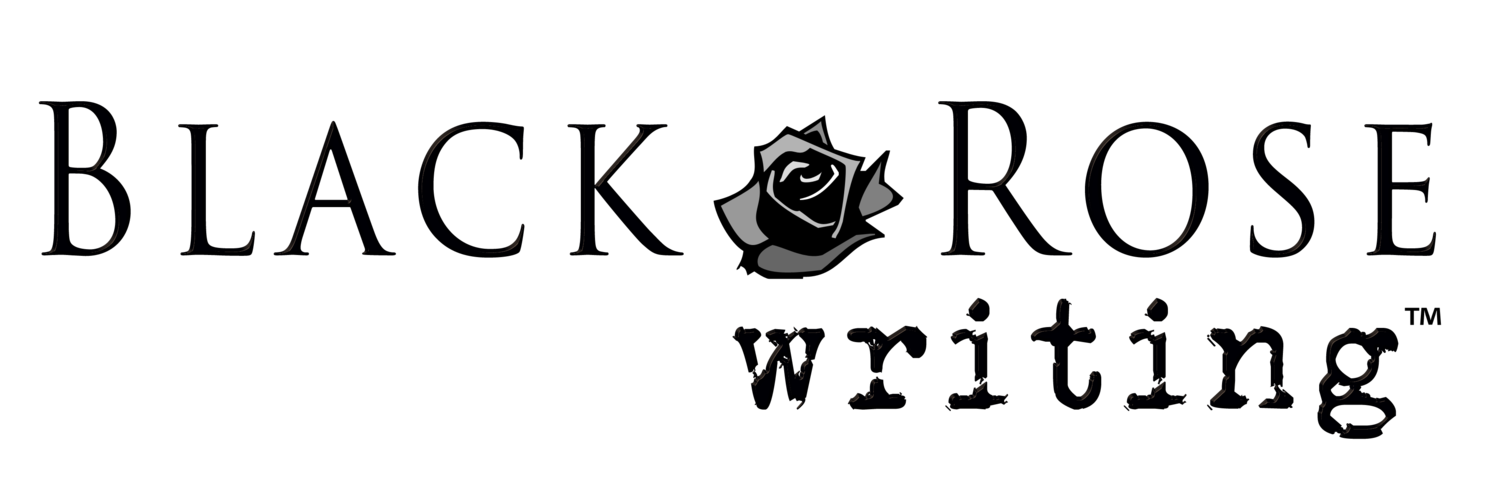
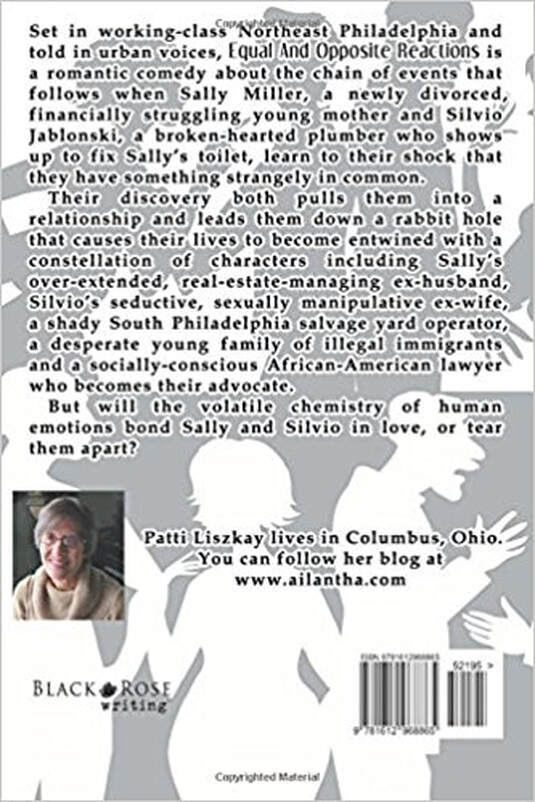
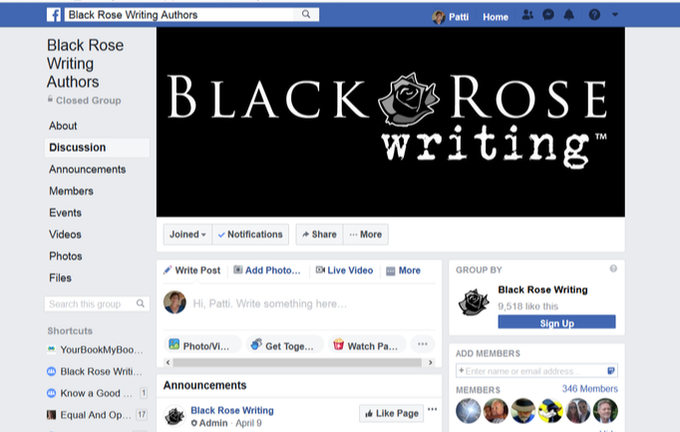


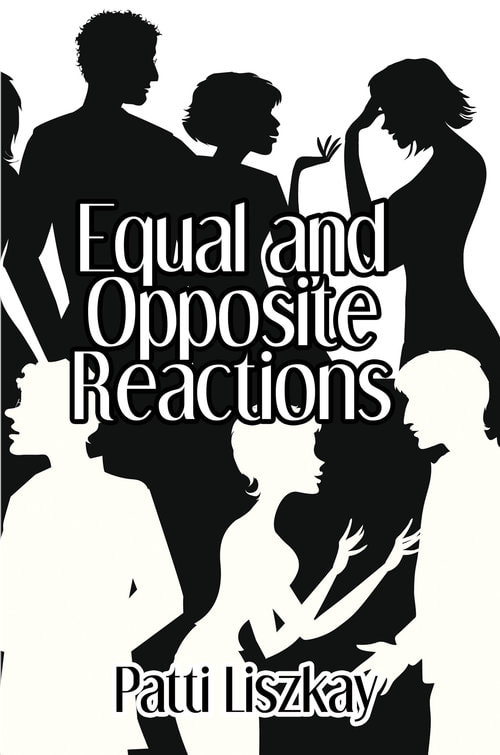
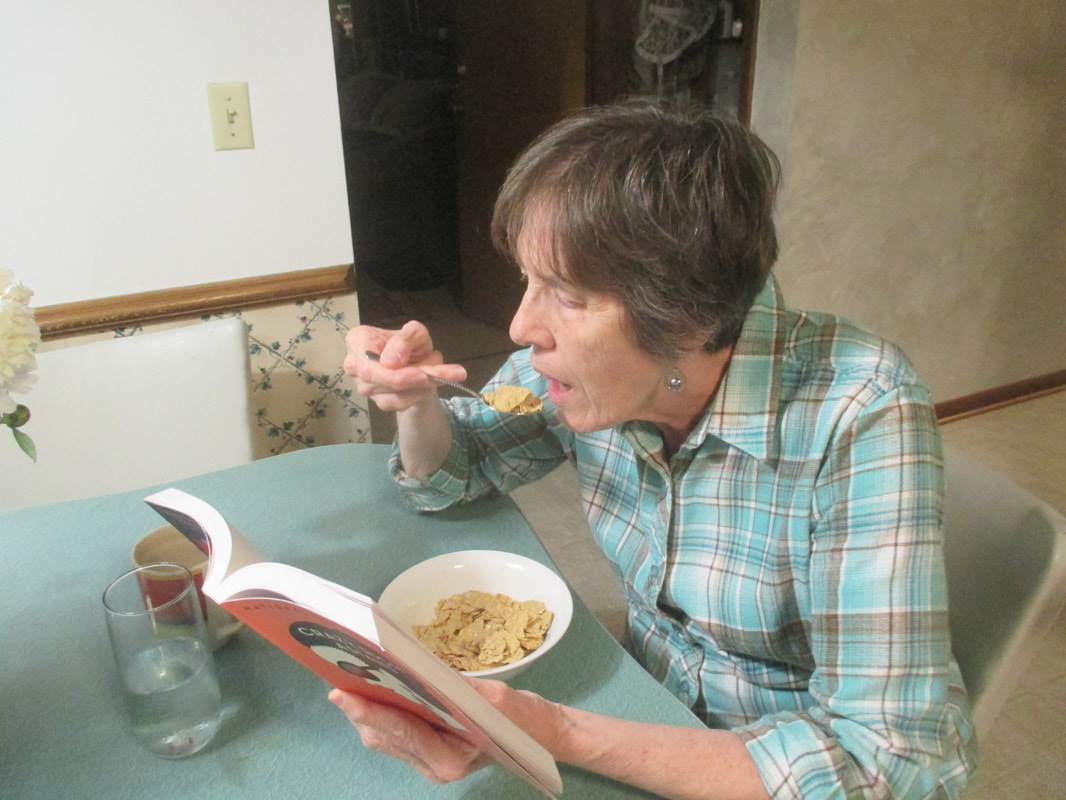




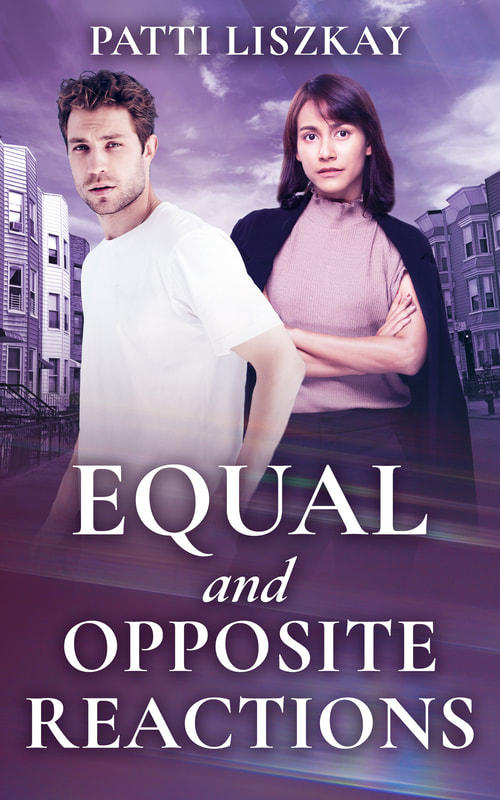


 RSS Feed
RSS Feed